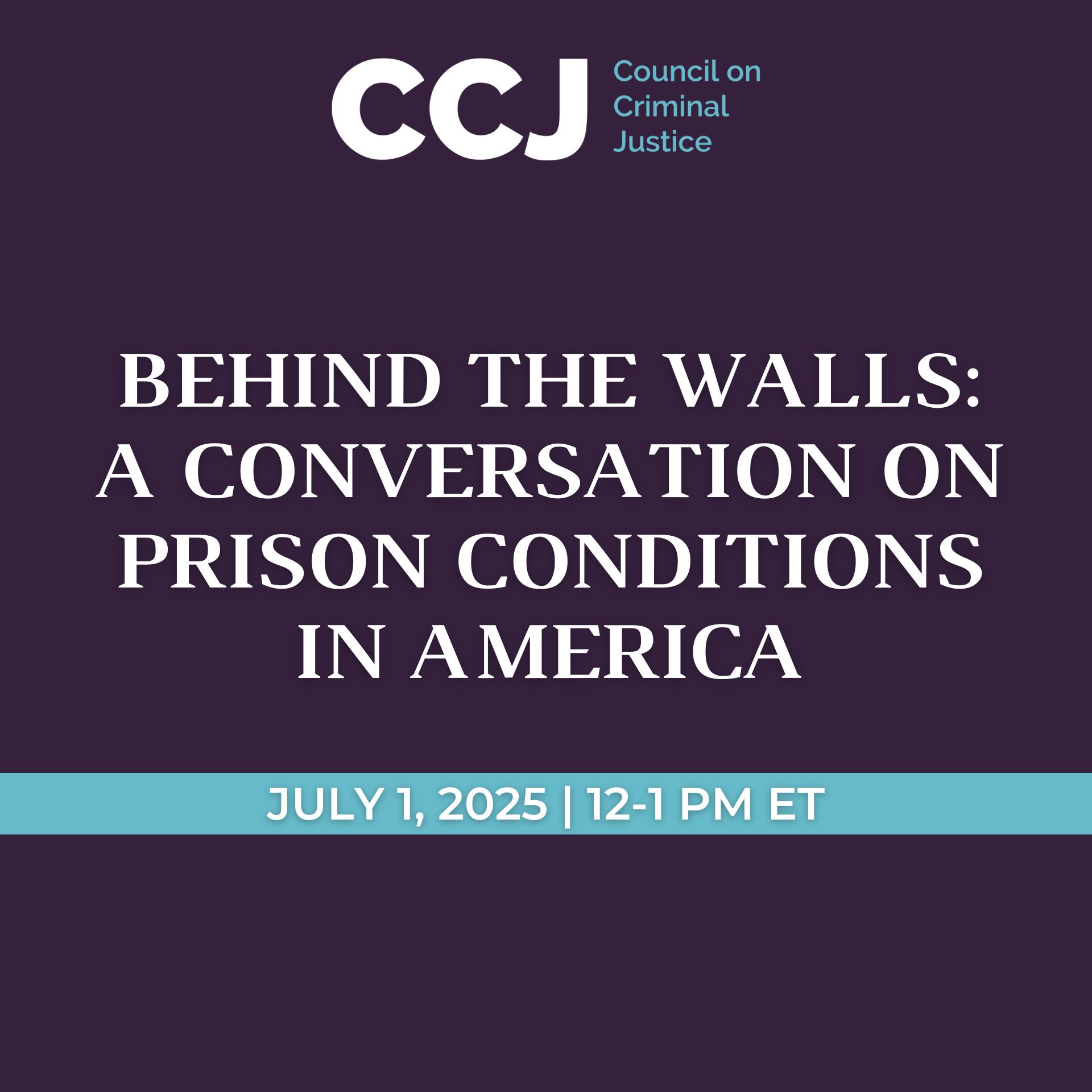Rates Remain Below Historical Highs, but Figures Show 49% Increase over Same Period in 2019
5:00 a.m. ET, May 21, 2021
Contact: Jenifer Warren
jwarren@counciloncj.org
916-217-0780
WASHINGTON, D.C. – Murder rates in major American cities continued to rise through the first quarter of 2021, according to new research released today by the National Commission on COVID-19 and Criminal Justice (NCCCJ). Gun and other aggravated assaults also increased, the data show, while drug and most property crimes fell.
A previous NCCCJ report documented an historic (+30%) single-year increase in homicide rates in 24 cities in 2020. The new analysis shows that over the first three months of 2021, homicide rates in those cities declined from their summer peaks but remained elevated compared to the same period in prior years. The number of homicides rose by 24% compared to the first quarter of 2020 – claiming an additional 193 lives – and by 49% compared to the first quarter of 2019, representing an additional 324 killings.
Murder rates have dropped significantly in the United States since the early 1990s, although increases occurred in 2005, 2006, 2015, and 2016. Even with the recent increases, the 2020 year-end homicide rate for the cities studied was just over half what it was for those cities 25 years ago (11.4 deaths per 100,000 residents in those cities versus 19.4 per 100,000 in 1995).
Still, the study’s authors said urgent action is needed to address the increases in violent crime, calling for the adoption of crime-control strategies of proven effectiveness as well as long-needed policing reforms.
The new report also documented higher aggravated and gun assault rates in the first quarter of 2021 compared to previous years. Aggravated assault rates increased 7% over the same period in 2020, while gun assault rates went up by 22%.
Domestic violence did not increase in the first quarter of 2021 over the first quarter of 2020. But this result is based on data from just 11 cities and should be viewed with caution.
Unlike violent crime trends, rates of burglary, larceny, and drug offense rates were lower in the first quarter of 2021. Residential burglary, non-residential burglary, larceny, and drug offense rates dropped by 16%, 7%, 16%, and 24% compared to the same period in 2020. Motor vehicle theft rates, however, were an exception, rising 28% during the first three months of 2021 compared to the same period the year before.
The study was conducted by noted criminologist and Professor Emeritus Richard Rosenfeld and Ernesto Lopez of the University of Missouri – St. Louis. It updates a series of earlier reports the authors prepared for the National Commission on COVID-19 and Criminal Justice with new data through the end of March 2021, examining crime rates for 10 offenses in a total of 32 cities, including Atlanta, Baltimore, Chicago, Denver, Los Angeles, Memphis, Philadelphia, and Portland. The smallest city in the sample was Norfolk, VA, with 245,000 residents; the largest was New York, with 8.42 million residents. Not all cities reported data for every crime.
“The new data reinforces our earlier conclusions,” Rosenfeld said. “As the pandemic subsides, lasting reductions in violence and crime will require cities to adopt evidence-based crime-control strategies, supplemented with long-needed reforms to policing.”
“Cities must respond quickly and comprehensively to rising rates of homicide,” said Thomas Abt, NCCCJ Commission Director and author of Bleeding Out: The Devastating Consequences of Urban Violence – And a Bold New Plan for Peace in the Streets. “There are scientifically proven strategies that are currently available to stop violence and save lives. The time to act is now.”
About the National Commission on COVID-19 and Criminal Justice
Launched in July 2020 by the Council on Criminal Justice, the Commission is co-chaired by former U.S. Attorneys General Alberto Gonzales and Loretta Lynch. Its mission includes documenting the impact of COVID-19 on the justice system. In October, the Commission released a set of interim recommendations that focused on immediate steps to control the spread of the virus. A final report in December provided a sweeping set of recommendations urging policymakers to reduce the density of the justice system and take other actions to better balance public health and public safety.
About the Council on Criminal Justice
The Council on Criminal Justice is a nonpartisan membership organization and think tank created to advance understanding of the criminal justice policy challenges facing the nation and builds consensus for solutions based on facts, evidence, and fundamental principles of justice.
As part of its array of activities, the Council conducts research and convenes independent groups of members and experts that produce reports with findings and policy recommendations on matters of concern. The findings and recommendations of the groups are their own; neither the Council’s Board of Directors nor its Board of Trustees approve or disapprove of their work. To learn more, visit counciloncj.org.



